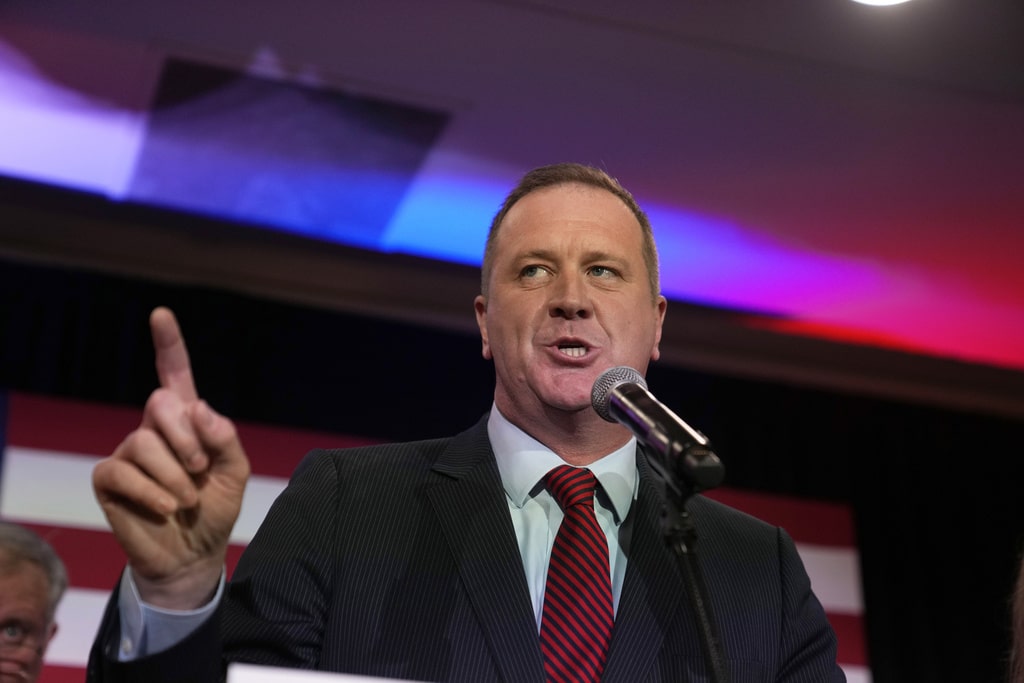Missouri v. Biden involved a claim by the states of Missouri and Louisiana and several social media users that federal government officials compelled social media companies to remove certain content and to refuse to post other content because the government did not like the viewpoints or messages of that speech.
The federal government officials contended that the information was misinformation or disinformation related to health care issues and, thus, should be removed.
The 5th U.S. Circuit Court of Appeals, found that the White House, the Surgeon General, the Center for Disease Control, and the FBI engaged in state action and violated the First Amendment by encouraging and coercing social media companies from engaging in censorship.
The Supreme Court later dismissed the case in the now-styled Murthy v. Missouri (2024) ruling in 6-3 majority opinion authored by Amy Coney Barrett that the lower courts had erred in extending standing to the parties. It left unresolved any question of government censorship.
What did the 5th Circuit rule in social media censorship case?
The 5th Circuit Court, in looking at possible censorship, focused on both encouragement and coercion.
“For encouragement, we read the law to require that a governmental actor exercise active, meaningful control over the private party’s decision in order to constitute a state action,” the 5th Circuit explained. “That reveals itself in (1) entanglement in a party’s independent decision-making or (2) direct involvement in carrying out the decision itself.”
The 5th Circuit also explained what constitutes coercion in this context. “For coercion, we ask if the government compelled the decision by, through threats or otherwise, intimating that some form of punishment will follow a failure to comply,” the 5th Circuit explained.
The 5th Circuit adopted a four-factor test from the 2nd Circuit’s decision in National Rifle Association of America v. Maria T. Vullo to distinguish protected persuasion from unprotected coercion, writing:
- the officials’ word choice and tone;
- the recipient’s perception;
- the presence of authority; and
- whether the speaker refers to adverse consequences.
5th Circuit thought federal officials violated First Amendment
The 5th Circuit determined that many of the federal officials indeed did violate the First Amendment. For example, the appeals court determined that “the White House, acting in concert with the Surgeon General’s office, likely (1) coerced the platforms to make their moderation decisions by way of intimidating messages and threats of adverse consequences, and (2) significantly encouraged the platforms’ decisions by commandeering their decision-making processes, both in violation of the First Amendment.”
The appeals court analogized the actions of the White House to that of a state commission in Rhode Island that made threats to book publishers and, thus, engaged in unconstitutional governmental censorship. The U.S. Supreme Court ruled in Bantam Books v. Sullivan (1963) that such actions and threats amounted to governmental censorship.
The 5th Circuit concluded: “Ultimately, we find the district court did not err in determining that several officials — namely the White House, the Surgeon General, the CDC, and the FBI — likely coerced or significantly encouraged social-media platforms to moderate content, rendering those decisions state actions. In doing so, the officials likely violated the First Amendment.”
Free speech group calls government action 'Orwellian'
Many free-speech groups filed amicus groups before the U.S. Supreme Court, contending that the government has engaged in First Amendment violations. For example, the Rutherford Institute, in its amicus brief, explains: “The facts of this case are positively Orwellian. Government officials, under the purported guise of attempting to prevent the spread of ‘misinformation’ and ‘disinformation,’ have coerced social media platforms into removing – or “deplatforming” – what the Government considers to be undesirable.”
Similarly, the Foundation for Individual Rights in Education (FIRE), in its amicus brief, warns: “The First Amendment must prohibit informal behind-the-scenes censorship schemes regardless of whether they are concocted by a Biden Administration, a Trump Administration, or by the AGs themselves.”
David L. Hudson is a law professor at Belmont University who has written extensively about the First Amendment.

